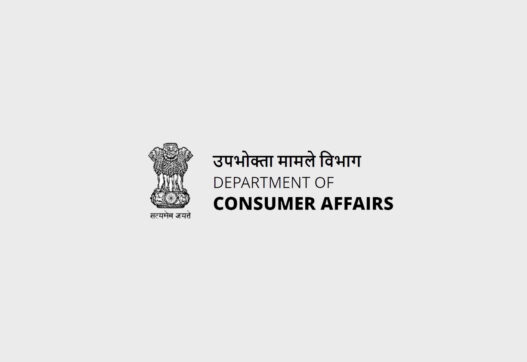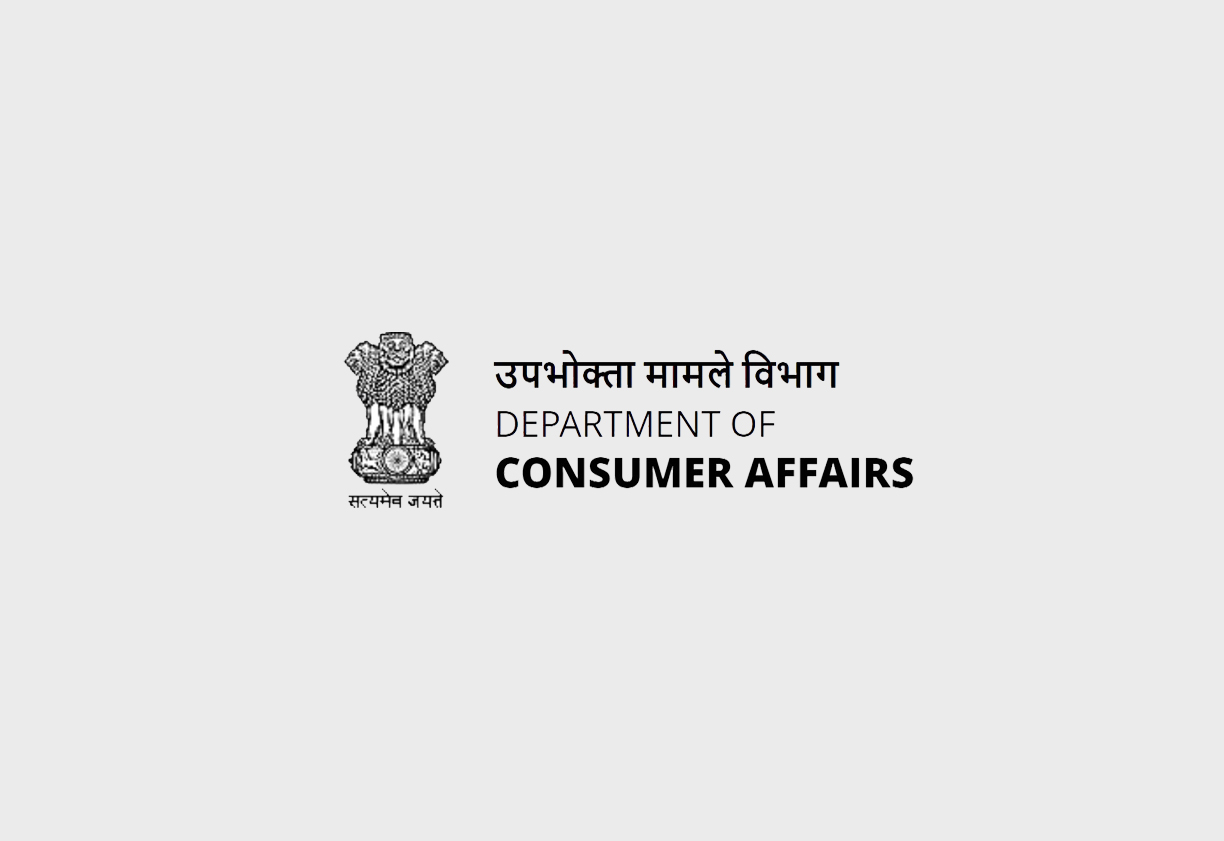Ministry of Consumer Affairs, Food and Public Distribution
The Consumer Protection Act, 2019, is a comprehensive legislation in India that aims to protect the interests of consumers and establish authorities for timely and effective administration and settlement of consumer disputes. This Act provides a framework for safeguarding consumer rights, preventing unfair trade practices, and addressing grievances related to goods and services. It establishes various bodies, including Consumer Protection Councils, a Central Consumer Protection Authority, and Consumer Disputes Redressal Commissions at the district, state, and national levels. The Act is a cornerstone of India’s consumer protection framework.
Act Background and Ministry:
The Consumer Protection Act, 2019, was enacted by the Parliament of India. It was designed to replace the Consumer Protection Act, 1986, and to provide a more comprehensive and effective system for protecting consumer rights. The Act falls under the purview of the Ministry of Consumer Affairs, Food and Public Distribution, Government of India.
Enactment Date, Number of Chapters, Number of Sections:
The Act was enacted on August 9, 2019. It is structured into 107 sections, divided into 13 chapters, along with four schedules.
Act Governed By:
The Act is primarily governed by the Central Government, State Governments, the Central Consumer Protection Authority, and the Consumer Disputes Redressal Commissions at the district, state, and national levels. The implementation of the Act involves various authorities, officers, and bodies at different levels of governance.
On Whom it is Applicable:
The Act is applicable to all consumers, traders, manufacturers, service providers, and other entities involved in the sale, supply, and provision of goods and services in India. It affects all transactions where a consumer has a right to seek redressal for grievances related to goods or services.
Penalties/Punishments:
The Act specifies various penalties for non-compliance. These include:
-
Fines: For failing to comply with directions of the Central Authority, for making false or misleading advertisements, for manufacturing or selling adulterated or spurious products, and for other specified offenses.
-
Imprisonment: For certain offenses, such as manufacturing or selling adulterated or spurious products that cause serious injury or death.
Important Pointers:
-
Consumer Rights: The Act outlines the rights of consumers, including the right to be protected against hazardous goods, the right to be informed, the right to choose, the right to be heard, the right to seek redressal, and the right to consumer awareness.
-
Consumer Protection Councils: The Act establishes Central, State, and District Consumer Protection Councils to advise the government on consumer protection measures.
-
Central Consumer Protection Authority: The Act establishes the Central Consumer Protection Authority to regulate matters relating to consumer rights violations, unfair trade practices, and misleading advertisements.
-
Consumer Disputes Redressal Commissions: The Act establishes District, State, and National Consumer Disputes Redressal Commissions to adjudicate consumer disputes.
-
Mediation: The Act provides for the settlement of disputes through mediation.
-
Product Liability: The Act introduces the concept of product liability, holding manufacturers, service providers, and sellers liable for harm caused by defective products.
-
E-commerce and Direct Selling: The Act includes measures to prevent unfair trade practices in e-commerce and direct selling.
-
Transparency and Accountability: The Act emphasizes transparency and accountability in the implementation of its provisions.
Act Copy:




